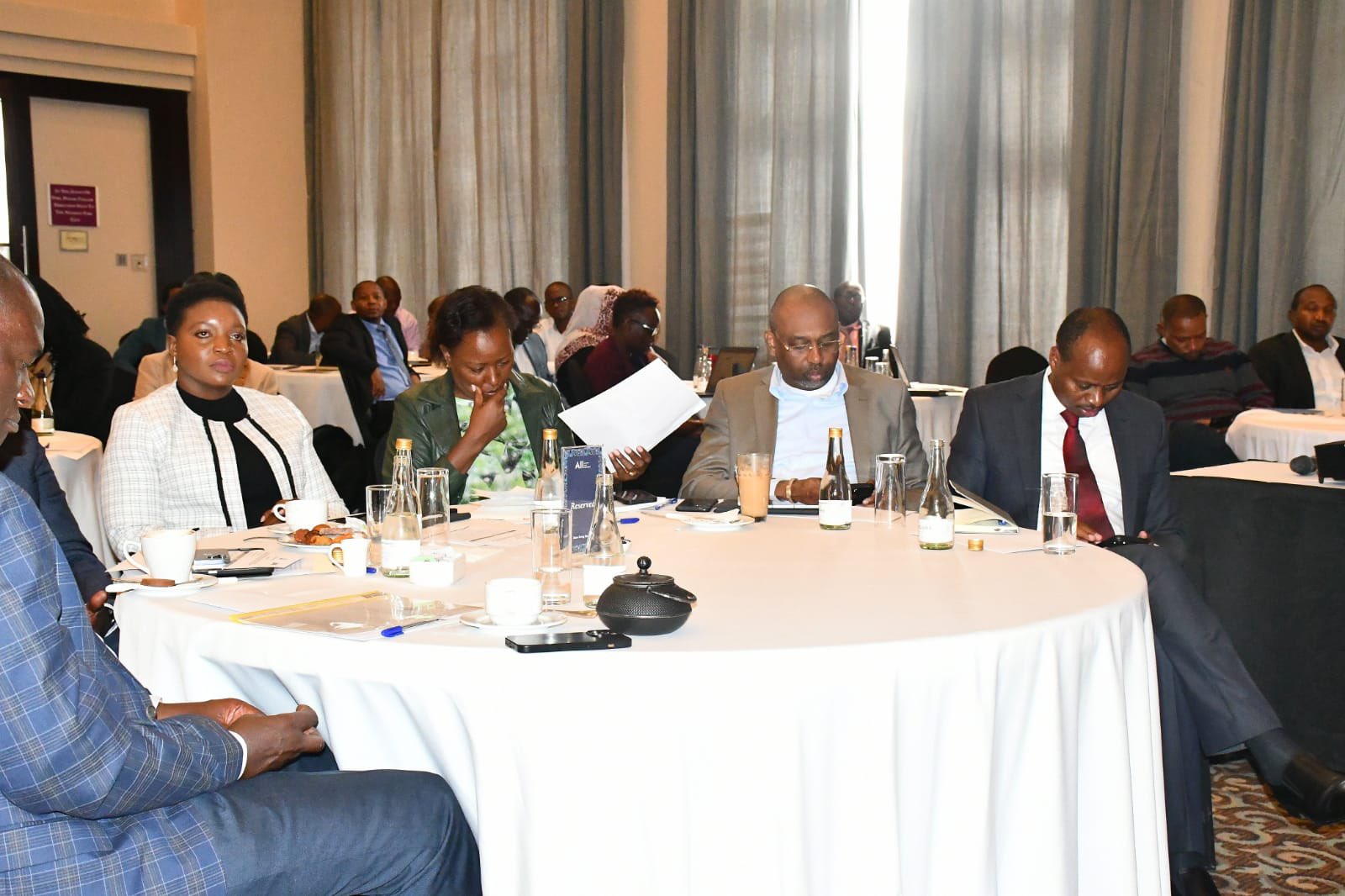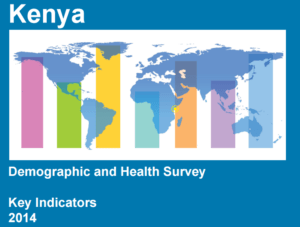Stakeholders Meeting on Strengthening the Procurement of Health Products and Technologies (HPT).
3rd February 2023 at the Macure Hotel, Nairobi Kenya.
As a valuable partner offering accountability support to MOH in matters health for the people of Kenya, HENNET was honoured with an invitation to join the CS. Health Dr. Susan Nakhumicha Wafula, the PS. State Department for PHC Dr. Josephine Mburu, PS. State Department for Medical Services, DG. Dr. Patrick Amoth, WHO, USA, KEMSA, the Pharmacy and Poisons Board (PPB)-Kenya and many other stakeholders in a high-level discussion on interventions to reduce prices of medical products without compromising on quality. This meeting is a key step in the right direction by the ministry of Health (MOH) and the current government to achieving UHC in Kenya. It is just but the beginning of the discussion. The big win will be when vulnerable Kenyans can access and purchase HPTs without suffering severe out of pocket expenditures.
The Cabinet Secretary, Dr. Susan Nakhumicha Wafula, in her speech put more emphasis on thinking and operating with the end user in mind and in this case she referred to the local Kenyans who seek medical services on a daily. The CS shared that her office has made a deliberate decision to work collaboratively with stakeholders to achieve UHC and among key agendas is strengthen procurement and supply of HPTs. She said hosting high-level meetings need to be translated into efficient service delivery and availability of quality and affordable HPTs at the lowest level of health care facilities. To caution Kenyans against rising prices of HPTs, the CS highlighted that she foresees a future where HPTs can be pursed by all stakeholders as a pool before each can set their mark-ups. Economies of scale is key to quality control and price reduction for HPTs. At the end, the CS commissioned a committee to be formed comprised of some of the partners present by the Director General (GD) Dr. Patrick Amoth to foresee implementation of recommendation on health commodity security with a focus on increased local manufacturing, product quality and efficient and affordable procurement of HPTs.
In their brief speeches, the Public Secretary (PS), State Department for Public Health and Professional Standards, Dr. Josephine Mburu and the PS. State Department for Medical Services, Peter K. Tum, emphasized the need for a quality control on HPTs before relooking price-reduction. The need for government to incentivize local manufacturing of HPTs and the need implementation of policies and strategies was also highlighted.
Dr. Susan Njeru in her presentation shed knowledge on the Health Products and Technologies (HPT) supply chain in Kenya. She highlighted that HPT consumes a large percentage of healthcare budget. In accordance to the Kenya Health Policy 2014-2030, developed the Supply Chain Strategy 2020-2025 that has been guiding priorities and efforts to strengthen the HPT supply chain. The ministry under the state department of Medical Supplies is committed to implementing the strategy to full digitize the supply chain, promote local manufacturing and ring-fencing HPT funds for streamlined supply of HPTs. The mid-term review of the strategy and development of a HPT database at county level are underway later in 2023.
The KEMSA CEO Terry Ramadhani enthusiastically walked the audience through an ambitious KEMSA 2.0 strategy aimed at positioning KEMSA as a true public, commercial agency, well positioned to deliver last-mile supply chain solutions for the local health system. To boost service delivery, KEMSA in the 2.0 strategy has collected over 2.7B overdue bills from county government and is set to collect 500million monthly outstanding dues from county governments. KEMSA has also adopted a new organizational structure to ensure compliance with oversight requirements. These are steps being put in place by the CEO and the entire KEMSA team to drive operational excellence, enhance customer experience and reposition the organization. To enhance efficiency and integrity, KEMSA has adopted an inventory management policy that has since seen the order turnaround time an average of 12 days in June 2022 down from 46days in Feb 2021. Terry finalized by highlighting that KEMSA is committed to effect an even better turnaround time of 1day for emergency order, 5days to hospitals and 7 days to Primary Health Care Facilities (PHCs).
HENNET was honoured to have been mentioned by the DG. Dr. Patrick Amoth in his closing remarks as one of the many stakeholders that support MOH achieve its mandate. With that remark, HENNET will be looking forward to receiving an invitation from the DG to join the committee to foresee implementation of recommendations from the meeting.
HENNET and its members commit to continue mobilizing health CSOs in Kenya to offer accountability support to MOH and the government on matters Health for a healthier Kenyan society




